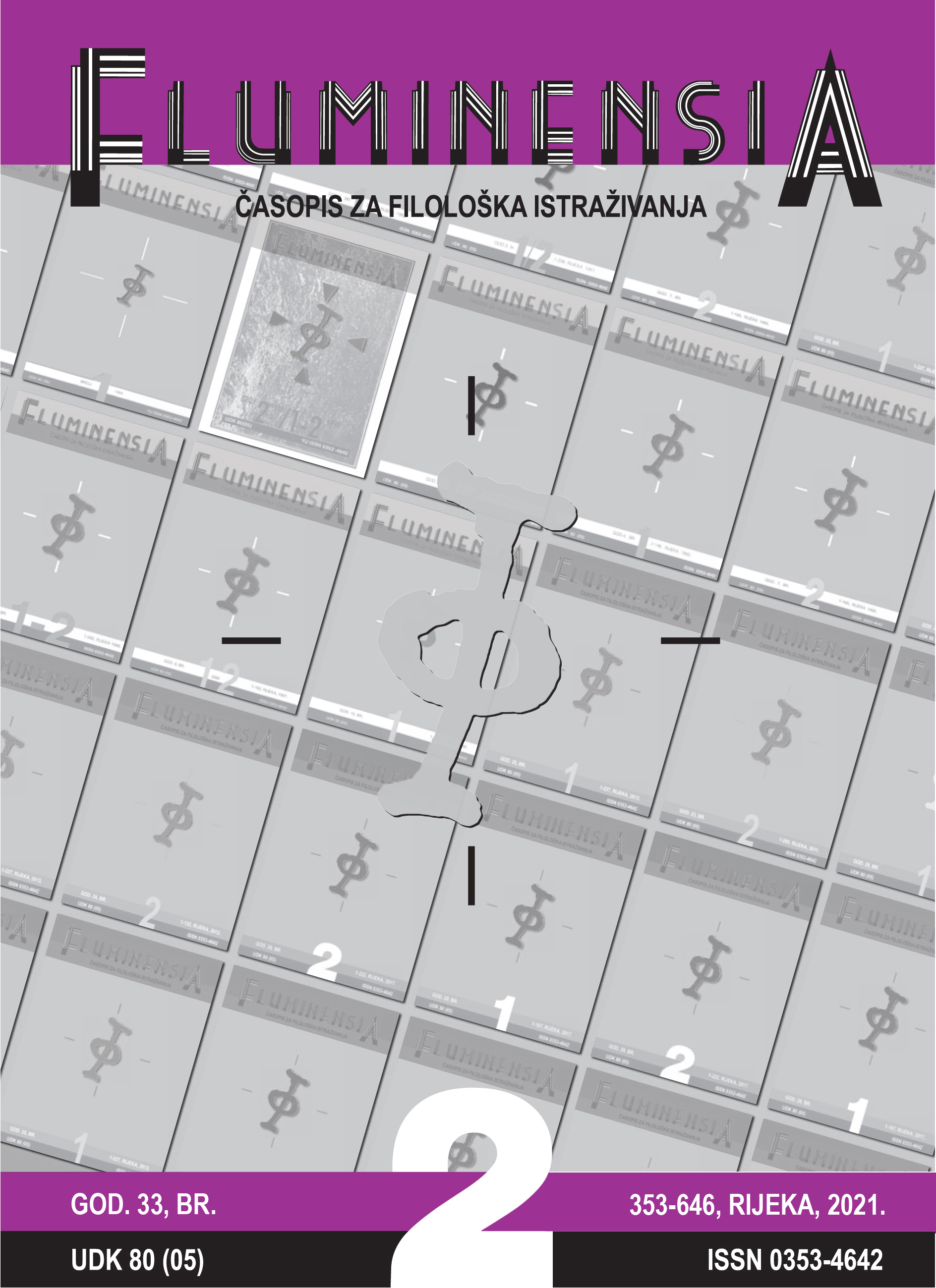ERSCHTENS KANN I SIE NET ÜBERREDA A KALT A OVO A ONO. Switching to Croatian in Conversations in the Local Variety of the German Language of the Austrian Town of Bludenz of the Second Generation of Local Speakers of Croatian Language
Keywords:
switching to the Croatian language;, second generation of local speakers of the Croatian language in the Austrian Federal State of Vorarlberg, ocal variety of the German languageAbstract
This article presents results of research on switching to the Croatian language in the everyday life of the second generation of local speakers of the Croatian language whose parents came from SFRY, i.e., the Republic of Croatia, in the last four decades of the previous century, to work temporarily in the town of Bludenz in the Austrian Federal State of Vorarlberg. The theoretical and methodological frameworks of this research were adopted from interpretive sociolinguistics. The corpus of the research consists of audio recordings of authentic face-to-face conversations, i.e., recordings of authentic telephone conversations. The analytical procedure consists of qualitative analysis of sequences in the conversation that heavily relies on their moment-by-moment interpretation by the participants themselves, recorded in the transcripts of their speech and its paralinguistic environment. The aim of this research is to analyse the appearance of the Croatian language in conversations of bilingual subjects in the local, Bludenz variety of the German language and to determine which circumstances activate the Croatian language competence. The analysis of the data in the corpus has shown that switching to the Croatian language occurs in the process of narrating experiences containing characterization of those who participated in the experience, in the repeated syntagm that is relevant to the examinees at the given moment, in the secondary sequences of conversations and that it can serve for naming a referent for which there is no word in the German language.

